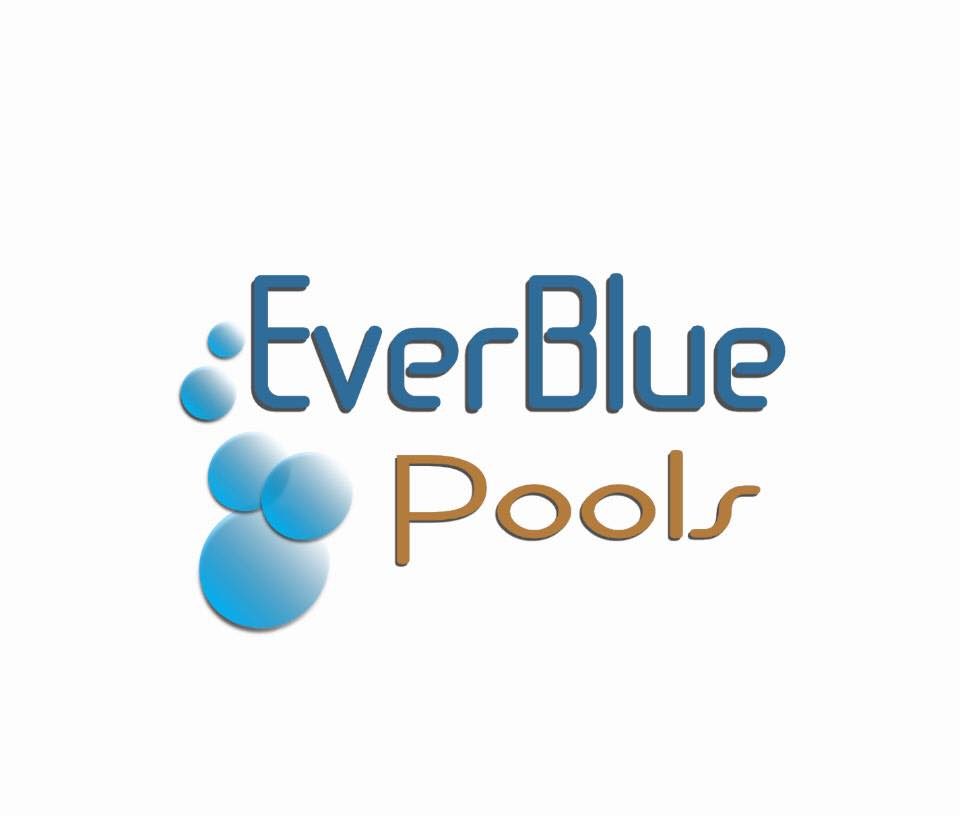Understanding the Virginia Graeme Baker Pool & Spa Safety Act: Keeping Pools Safe for Everyone
Pool safety is a crucial concern for pool owners, operators, and families. Among the most significant legislative measures ensuring pool and spa safety is the Virginia Graeme Baker Pool & Spa Safety Act (VGB Act). Enacted to prevent tragic accidents, the VGB Act has been instrumental in making swimming pools and spas safer across the United States.
In this blog, we’ll explore what the Virginia Graeme Baker Pool & Spa Safety Act is, why it was established, and what it means for pool owners and operators.
What Is the Virginia Graeme Baker Pool & Spa Safety Act?
The Virginia Graeme Baker Pool & Spa Safety Act, passed by Congress in 2007, is a federal law designed to prevent suction entrapment accidents in pools and spas. Suction entrapment occurs when a swimmer gets stuck to a pool or spa drain due to the powerful suction forces of the pump system.
The law is named after Virginia Graeme Baker, a seven-year-old girl who tragically drowned in 2002 after being trapped by the suction of a spa drain. Despite being a strong swimmer, she was unable to free herself. Her story brought nationwide attention to the hidden dangers of pool drains, leading to the creation of this critical safety legislation.
Key Provisions of the VGB Act
The VGB Act focuses on reducing the risk of entrapment and improving overall pool safety through specific requirements:
1. Anti-Entrapment Drain Covers
- All public pools and spas must install anti-entrapment drain covers that meet federal standards. These covers are designed to prevent swimmers from getting caught by the suction of the drain.
2. Secondary Anti-Entrapment Systems
- In addition to compliant drain covers, certain pools must also install a secondary anti-entrapment system. These systems may include:
- Safety vacuum release systems (SVRS)
- Suction-limiting vent systems
- Gravity drainage systems
- Automatic pump shutoff systems
3. Compliance for Public Pools and Spas
- The act primarily applies to public pools and spas, including those operated by hotels, apartment complexes, schools, and community centers. Private residential pools are not legally required to comply but are strongly encouraged to follow the same safety guidelines.
4. Education and Awareness
- The VGB Act also promotes public education on pool and spa safety, encouraging parents, pool operators, and communities to take proactive measures to protect swimmers.
Why Is the VGB Act Important?
The VGB Act has saved countless lives by addressing the dangers of suction entrapment and promoting safe pool practices. Before its enactment, suction entrapment injuries and fatalities were more common, especially among children.
Key benefits of the VGB Act include:
- Prevention of Suction Entrapment: Properly designed drain covers and safety systems significantly reduce the risk of entrapment accidents.
- Increased Pool Safety Standards: By requiring public pools to comply with strict safety measures, the act ensures a safer environment for swimmers.
- Awareness of Hidden Pool Hazards: The act has raised public awareness about the dangers of pool drains and the importance of regular maintenance and compliance.
How Pool Owners Can Enhance Safety
Even if your pool is not subject to the VGB Act (e.g., residential pools), adopting its safety principles is a wise decision. Here’s how you can improve the safety of your pool or spa:
1. Install Anti-Entrapment Drain Covers
- Make sure your pool or spa drain covers meet the standards set by the VGB Act. Certified drain covers are designed to prevent hair, clothing, or body parts from becoming trapped.
2. Use Additional Safety Systems
- Consider adding secondary safety systems such as:
- A safety vacuum release system (SVRS) that automatically shuts off the pump if a blockage is detected.
- A gravity drainage system that eliminates direct suction from the drain.
3. Conduct Regular Maintenance
- Inspect your pool’s drainage system regularly to ensure that covers are secure and functioning properly. Damaged or missing drain covers should be replaced immediately.
4. Educate Your Family
- Teach children about pool safety, including avoiding drains and being aware of their surroundings while swimming.
5. Follow General Pool Safety Practices
- Install pool fencing and safety covers.
- Always supervise children while they’re in or near the water.
- Keep rescue equipment and a phone nearby in case of emergencies.
Staying Compliant as a Pool Professional
If you’re a pool operator or professional, compliance with the VGB Act is essential to meet legal requirements and protect swimmers. Here’s how to ensure your facilities adhere to the law:
- Conduct a thorough safety audit of your pool or spa.
- Work with certified pool technicians to upgrade or install compliant equipment.
- Keep records of maintenance and inspections to demonstrate compliance during regulatory reviews.
Final Thoughts
The Virginia Graeme Baker Pool & Spa Safety Act has had a profound impact on pool safety, helping to prevent tragedies and protect lives. Whether you own a private pool or operate a public facility, prioritizing compliance with the act’s principles is an essential step toward creating a safe and enjoyable swimming environment.
If you have questions about pool safety, compliance, or need help upgrading your pool equipment to meet VGB Act standards, Everblue Pools is here to help. Contact us today for professional advice and services to keep your pool safe and up to date!
This blog not only informs your audience about the importance of the VGB Act but also positions your business as a knowledgeable and responsible pool service provider.
